Κείμενο
Χαίρετε, ονομάζομαι Στέλιος Πανταζής, είμαι ιατρός εξειδικευμένος στην ιατρική διατροφολογία και στις διαταραχές του μεταβολισμού και σήμερα θα ήθελα να απαντήσω μερικές από τις συχνές ερωτήσεις που ακούω καθημερινά στο ιατρείο μου σχετικά με την διαλειμματική νηστεία. Σε προηγούμενο βίντεο είχαμε αναφερθεί στην διαλειμματική νηστεία και πόσο μπορεί να βοηθήσει στην απώλεια βάρους. Σήμερα θα απαντήσω στα 10 πιο συχνά ερωτήματα που ακούω στο ιατρείο μου. 1. Θα ήθελα να κάνω διαλειμματική νηστεία. Ποια είναι η καλύτερη ώρα να μην τρώω ή πότε είναι καλύτερα να τρώω; a. Σύμφωνα με την χρονοβιολογία, δηλαδή την επίδραση της ώρας και της εποχής στην υγειά μας, είναι καλύτερα να τοποθετούμε το παράθυρο σίτισης, δηλαδή τις ώρες που τρώμε από το πρωί και μέχρι το μεσημέρι. Αυτό σημαίνει ότι αν κάποιος ή κάποια επιλέξει να τρώει για 8 ώρες την ημέρα και να μην τρώει για 16, ένα τυπικό πρωτόκολλο διαλειμματικής νηστείας, τότε είναι ιδανικά το 8ωρο σίτισης να είναι 7 το πρωί με 3 το απόγευμα ή 6 το πρωί με 2 το μεσημέρι. Αυτό εξασφαλίζει ότι οι περισσότερες θερμίδες της ημέρας θα χορηγηθούν στο σώμα στις ώρες που το σώμα μπορεί να τις χρησιμοποιήσει καλύτερα. Οι μελέτες δείχνουν ότι όσο περνάει η ώρα της ημέρα, το σώμα δυσκολεύεται να διαχειριστεί τους υδατάνθρακες των τροφών γιατί εμφανίζεται μια καλοήθης και αναστρέψιμη αντίσταση στην ινσουλίνη, άρα όσο πιο νωρίς ολοκληρωθεί η σίτιση τόσο το καλύτερο. 2. Ποιες είναι οι ιδανικές τροφές για να διακόπτω την νηστεία; a. Τα άτομα που κάνουν διαλειμματική νηστεία για αρκετές ώρες καλό είναι να αποφεύγουν να τρώνε γεύματα με πολλές θερμίδες όταν διακόπτουν την νηστεία. Τροφές με πολλές θερμίδες είναι οι τροφές που περιέχουν πολλά επεξεργασμένα συστατικά και απουσιάζουν συστατικά πλούσια σε φυτικές ίνες. Γενικά οι φυτικές τροφές είναι οι ιδανικές γιατί είναι πλούσιες σε φυτικές ίνες και υδατάνθρακες, οπως οι σαλάτες με ελαιόλαδο. Πάντως, το πιο πιθανό είναι με τον καιρό αυτός ή αυτή που κάνει διαλειμματική νηστεία με τον καιρό

το σώμα του να προσαρμοστεί σε οτιδήποτε τρώει. 3. Μπορώ να πίνω υγρά κατά την περίοδο της νηστείας; a. Σίγουρα το καλύτερο είναι να πίνετε μόνο νερό. Τα υπόλοιπα ροφήματα μπορεί να δημιουργήσουν ζητήματα. Ας πούμε ο σκέτος καφές γενικά επιτρέπεται, αλλά ο καφές μπορεί να χειροτερέψει την πείνα ή να κάνει την κατάσταση πιο αφόρητη και να ωθήσει το άτομο να “κλέψει” ή και να παρατήσει τελείως την προσπάθεια. Άρα, η απάντηση για τον σκέτο καφέ είναι ναι, αν δεν δημιουργεί πρόβλημα. Το ίδιο ισχύει και για τα άλλα ροφήματα που δεν προσθέτουμε τίποτα, εκτός από νερό, όπως το τσάι, το τσάι του βουνού ή αφεψήματα και άλλα ροφήματα. Σίγουρα απαγορεύονται υγρά που περιέχουν θερμίδες, όπως ζάχαρη και φυσικά απαγορεύονται ροφήματα με γλυκαντικές ουσίες. Καλό είναι να αποφεύγετε και την γλυκόριζα που έχει γλυκιά γεύση. Η γλυκιά γεύσει χειροτερεύει την πείνα και προκαλεί αύξηση της ινσουλίνης, ενώ εμείς με την νηστεία προσπαθούμε να πετύχουμε το ακριβώς αντίθετο. 4. Μπορώ να παίρνω συμπληρώματα τις ώρες της νηστείας; a. Ναι, αν και καλό είναι να γνωρίζετε ότι κάποια συμπληρωματα απορροφάται καλύτερα μαζί με γεύμα, ενώ μερικά συμπληρώματα μπορεί να δημιουργήσουν γαστρεντερικά προβλήματα αν καταναλωθούν με κενό στομάχι. 5. Μπορώ να κάνω γυμναστική στις ώρες της νηστείας; a. Σίγουρα μπορεί κάποιος να κάνει γυμναστική τις ώρες της νηστείας, αλλά είναι πιθανό μέχρι να προσαρμοστεί να δυσκολευτεί να κάνει πολύ απαιτητικές και δύσκολες προπονήσεις. Δεν είναι απίθανο, όταν κάποιος προσπαθήσει να κάνει κάτι έντονο να νιώσει ατονία, αδυναμία ή ακόμη και κράμπες και ελαφρύ πονοκέφαλο. Αυτά, αν εμφανιστούν, είναι συνήθως στην αρχή και σχεδόν πάντα υποχωρούν από μόνα τους. 6. Δεν θα χάσω μυϊκό ιστό; a. Πολύ συχνά όταν κάποιος χάνει βάρος, χάνει και μυικό ιστό. Άρα, αν κάνετε διαλειμματική νηστεία και χάσετε βάρος, δεν είναι απίθανο να χάσετε και μυϊκό ιστό, ειδικά αν δεν κάνετε και γυμναστική. 7. Μπορούν τα παιδιά να κάνουν νηστεία; a. Δεν νομίζω ότι είναι καλή ιδέα, αλλά δεν

βρίσκω και τον λόγο. 8. Υπάρχουν παθήσεις ή προβλήματα υγείας που να απαγορεύουν την διαλειμματική νηστεία; a. Γενικά όχι, αλλά καλό είναι αν έχετε κάποιο πρόβλημα υγείας ή λαμβάνετε κάποια φαρμακευτική αγωγή να μιλήσετε πρώτα με τον γιατρό σας για να σας συμβουλέψει σχετικά με πιθανά προβλήματα που μπορεί να προκύψουν και πιθανές αλλαγές στην φαρμακευτική σας αγωγή. Να τονίσω ότι τα άτομα που έχουν αυξημένο ουρικό οξύ πρέπει να μιλήσουν με τον γιατρό τους γιατί η νηστεία πολλές φορές οδηγεί σε αύξηση του ουρικού οξέος και αυτό μπορεί να οδηγήσει σε κρίση ουρικής αρθρίτιδας. 9. Στο παράθυρο σίτισης, μπορώ να τρώω ότι θέλω; a. Αν θέλετε οφέλη για την υγεία και τον μεταβολισμό σας, το ότι θέλω δεν είναι καλή ιδέα. Η διαλειμματική νηστεία πρέπει να προστεθεί σε μια υγιεινή διατροφή και όχι να την υποκαταστήσει. Δεν είναι δύσκολο για κάποιον να καταναλώσει υπερβολικές θερμίδες ακόμα και σε ένα μόλις γεύμα και αν αυτό συμβεί, τα αποτελέσματα δεν θα είναι καλά. Στο παράθυρο σίτισης η διατροφή πρέπει να είναι παραδοσιακή μεσογειακή διατροφή με ελάχιστες επεξεργασμένες τροφές. 10. Πεινάω, τι να κάνω; a. Υπομονή. Στην αρχή η πείνα θα έρχεται τις ώρες που έχετε συνηθίσει να τρώτε. Το καλό είναι ότι και να μην τρώτε η πείνα θα υποχωρεί από μόνη της. Με τους μήνες τήρησης της διαλειμματικής νηστείας το σώμα θα συνηθίσει το νέο πρόγραμμα διατροφής και σε 2-3 μήνες δεν θα πεινάω καθόλου όταν δεν πρέπει να τρώτε. Θα πεινάτε μόνο στο παράθυρο σίτισης και η διαδικασία θα είναι πολύ εύκολη. Αν βρήκατε το θέμα ενδιαφέρον, σας παρακαλώ, να πατήσετε το κουμπί μου αρέσει, να το μοιραστείτε με άτομα που θα το βρουν ενδιαφέρον και να εγγραφείτε στο κανάλι για να σας ενημερώνουμε για μελλοντικά θέματα. Επίσης, μπορείτε να χρησιμοποιήσετε τα σχόλια για να ζητήσετε να παρουσιάσουμε ένα θέμα στο μέλλον. Σας ευχαριστώ πολύ.

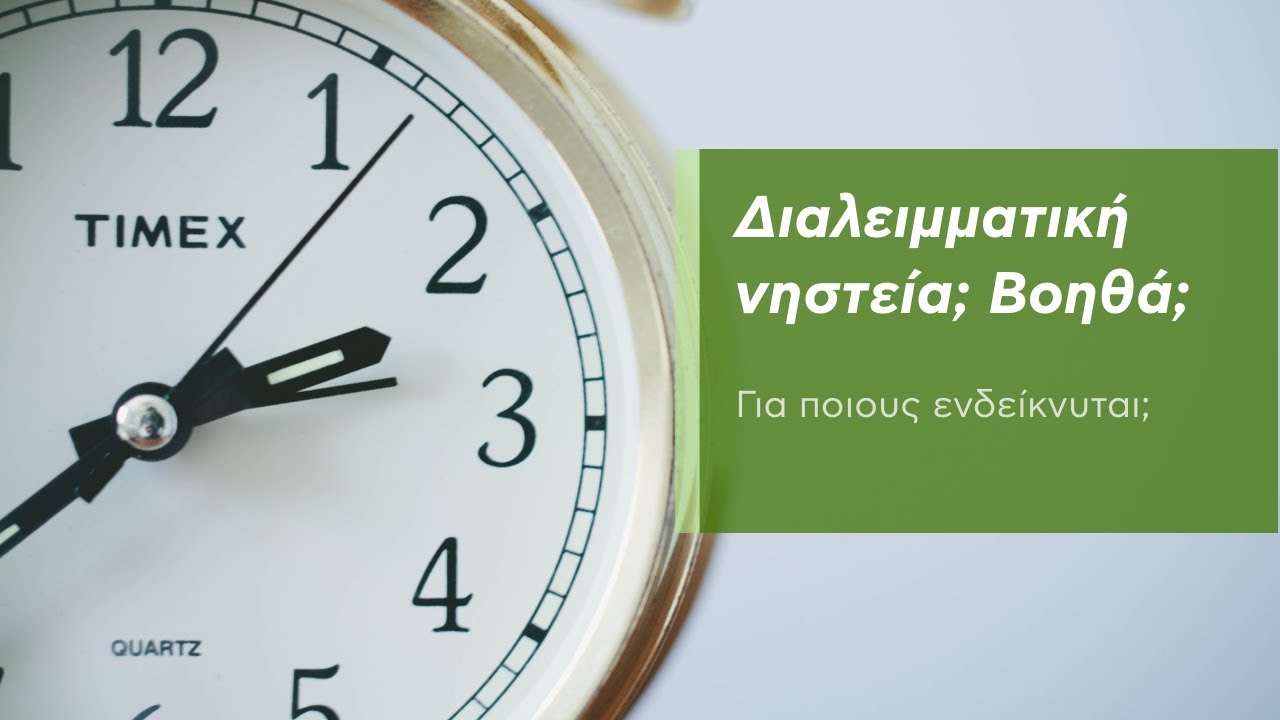
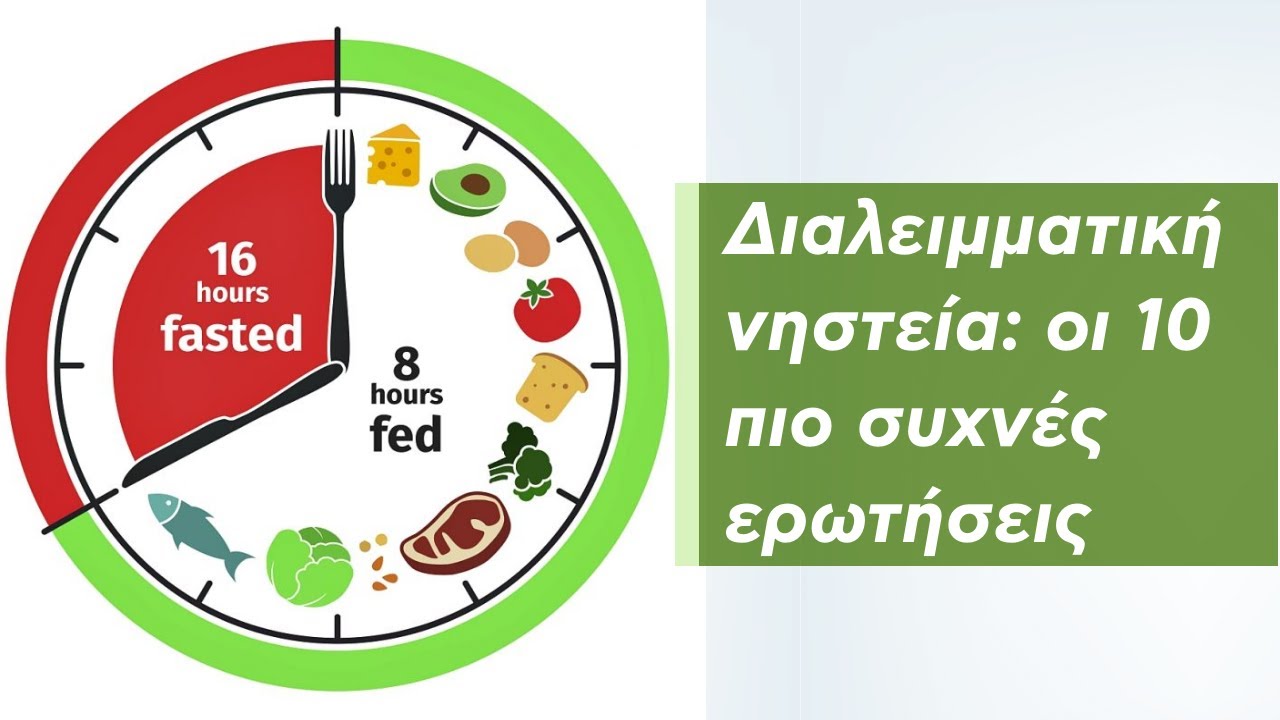
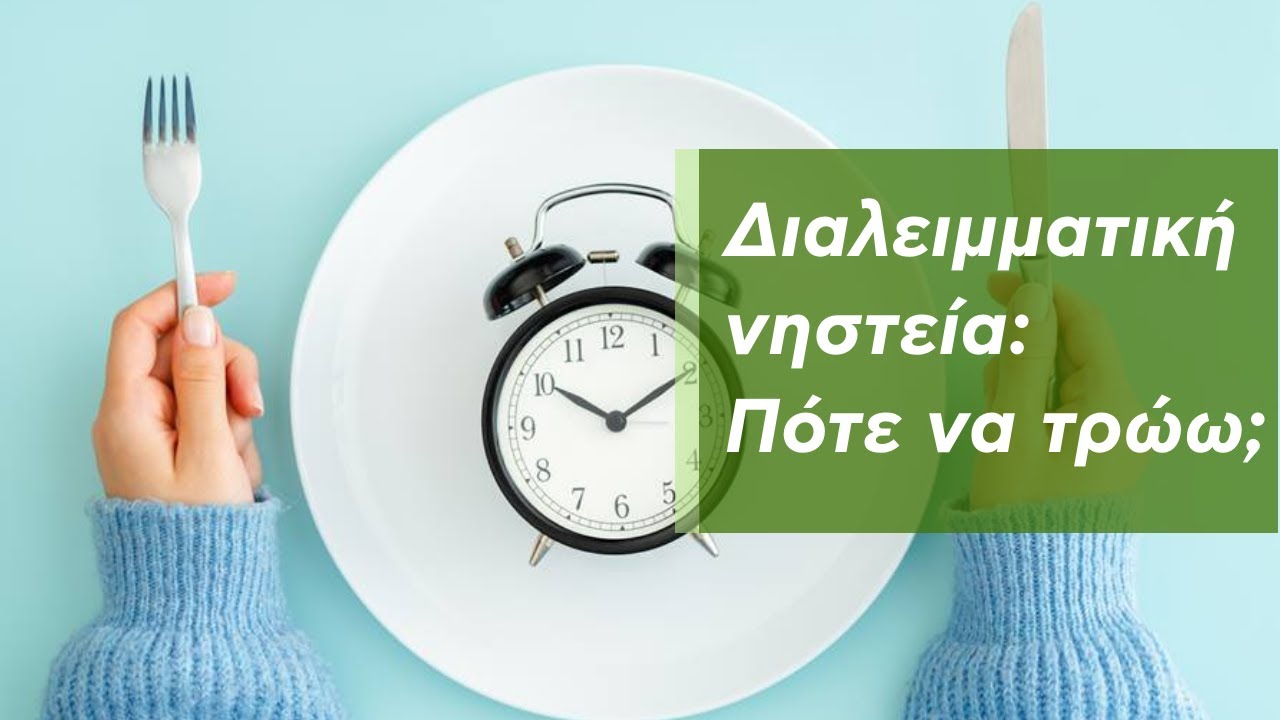
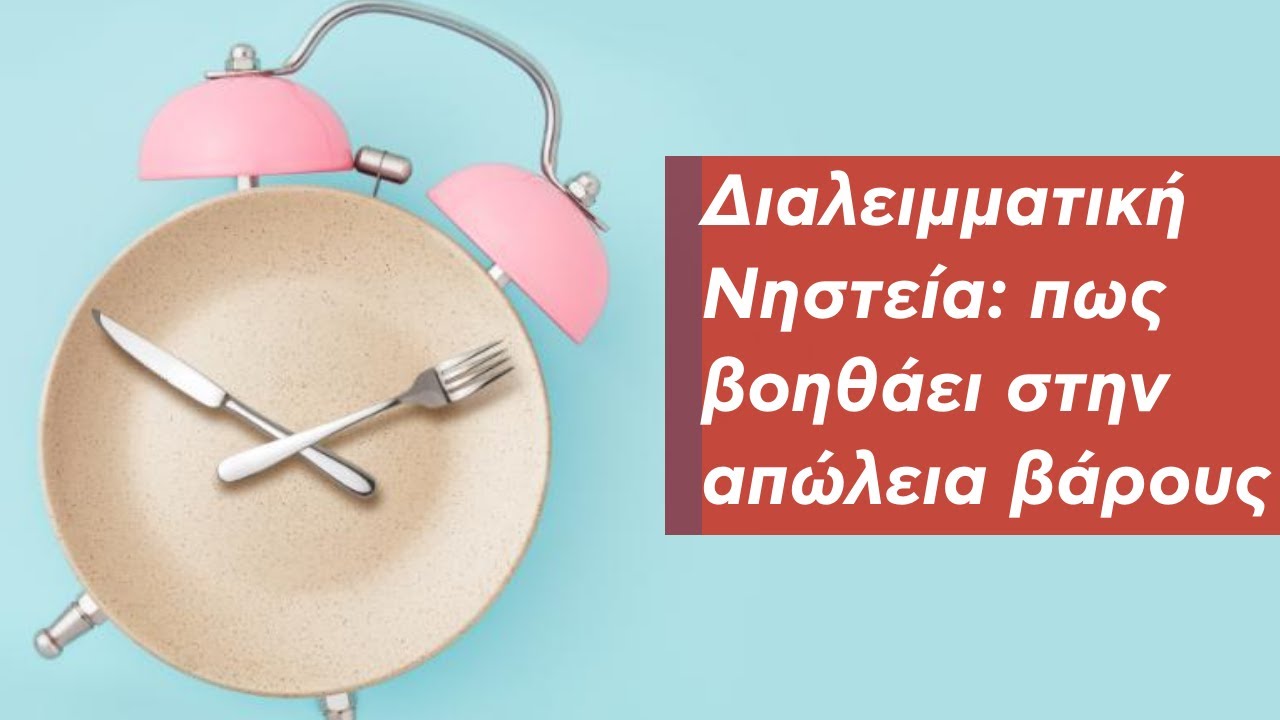
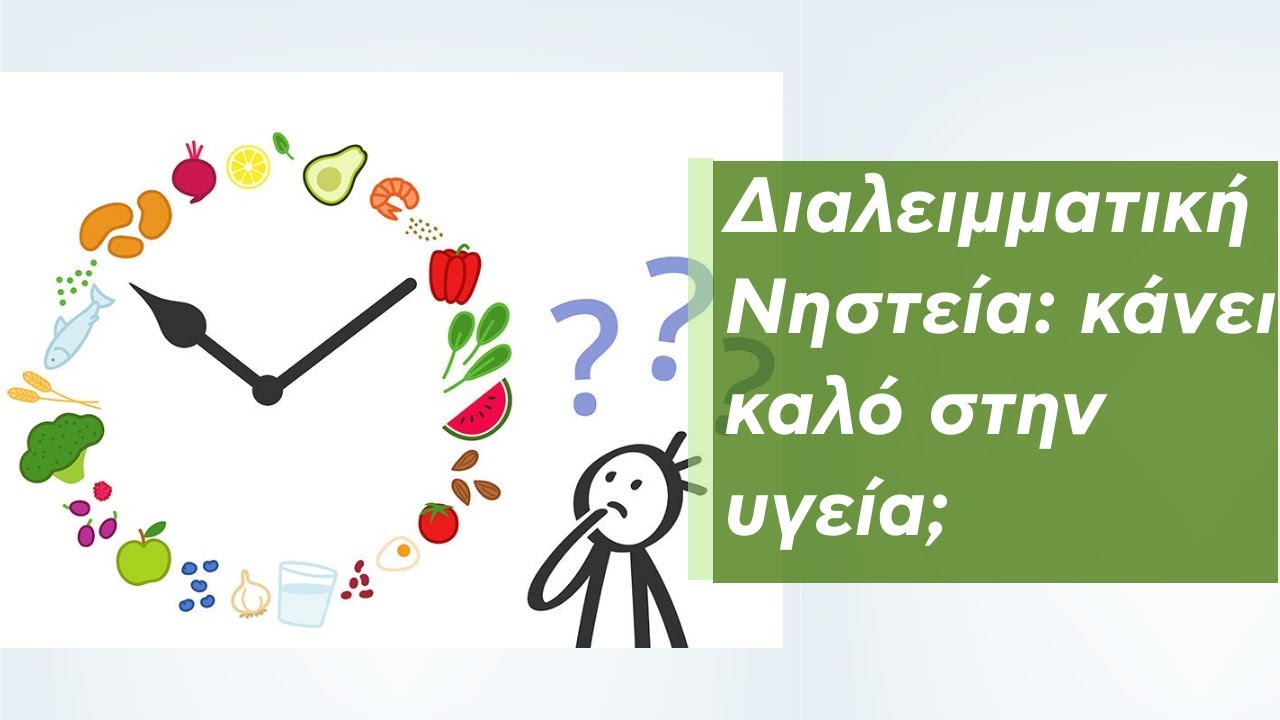
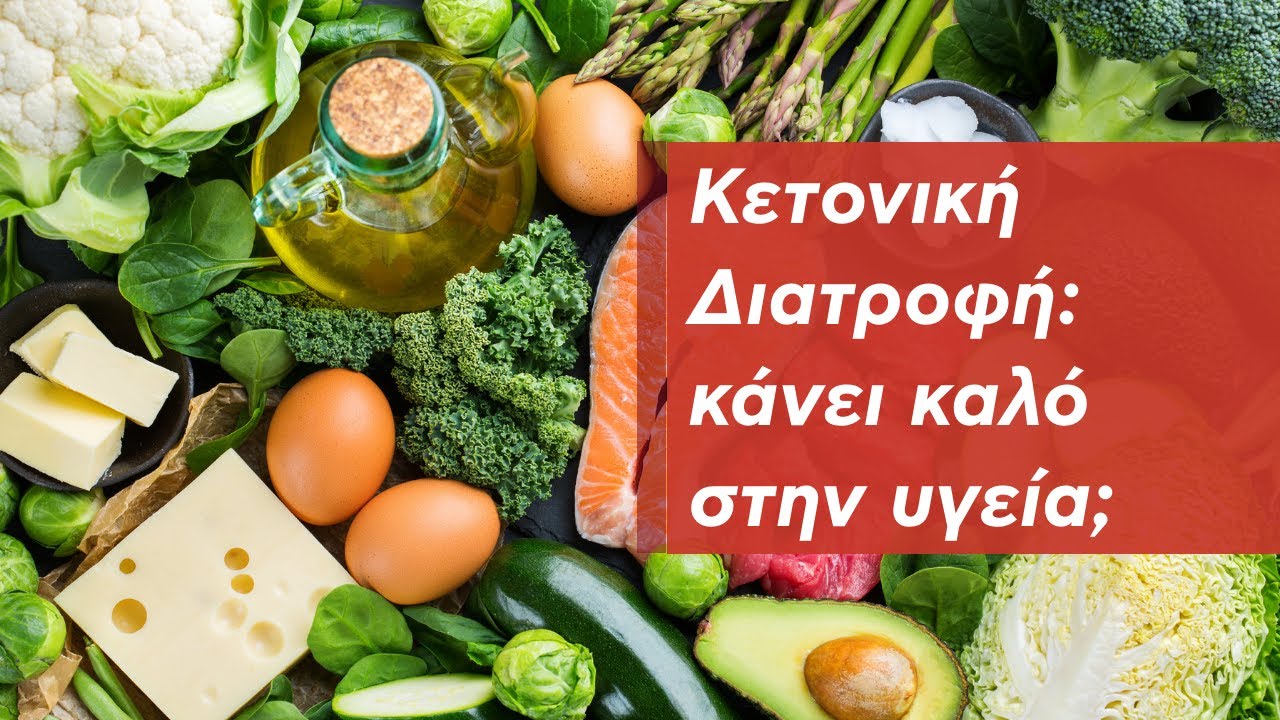
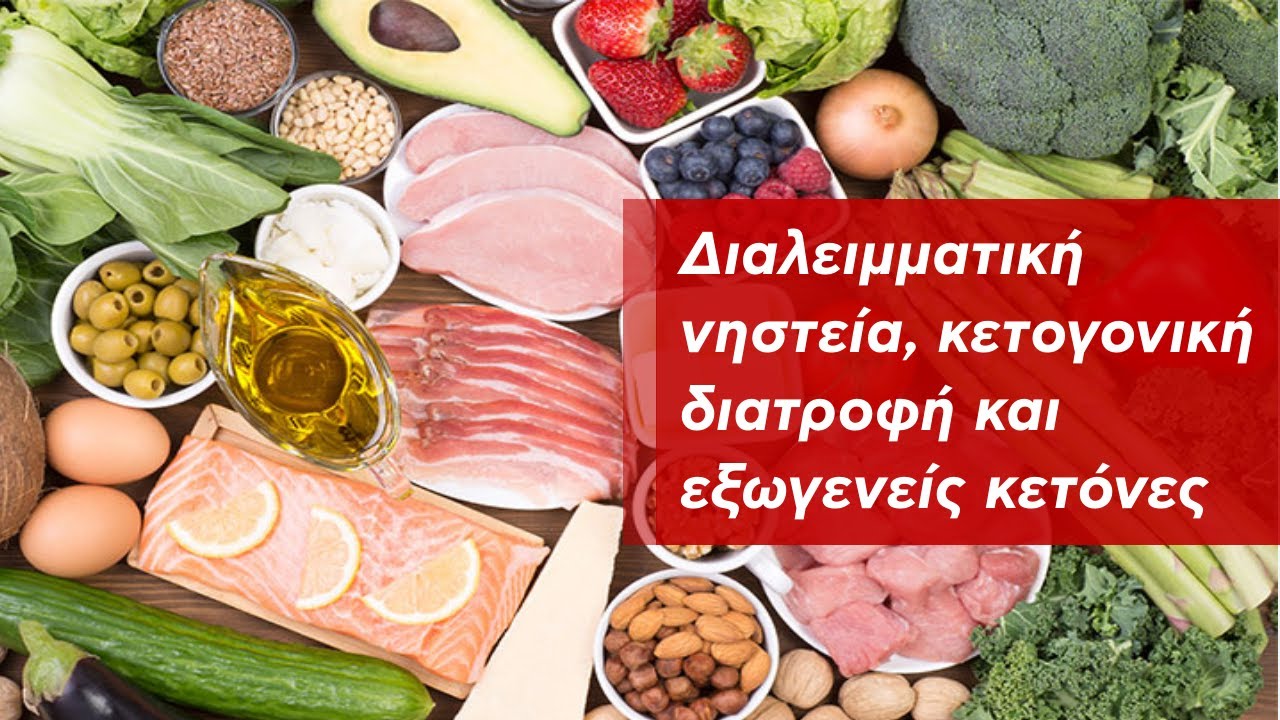

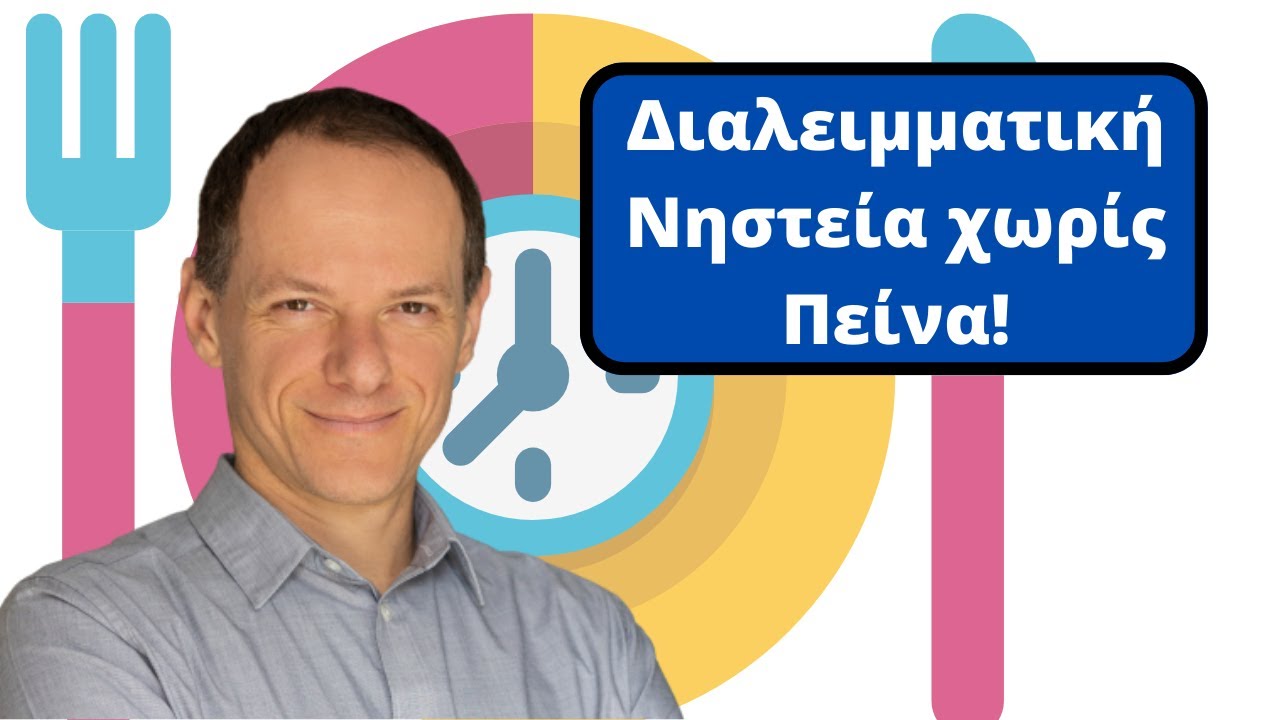

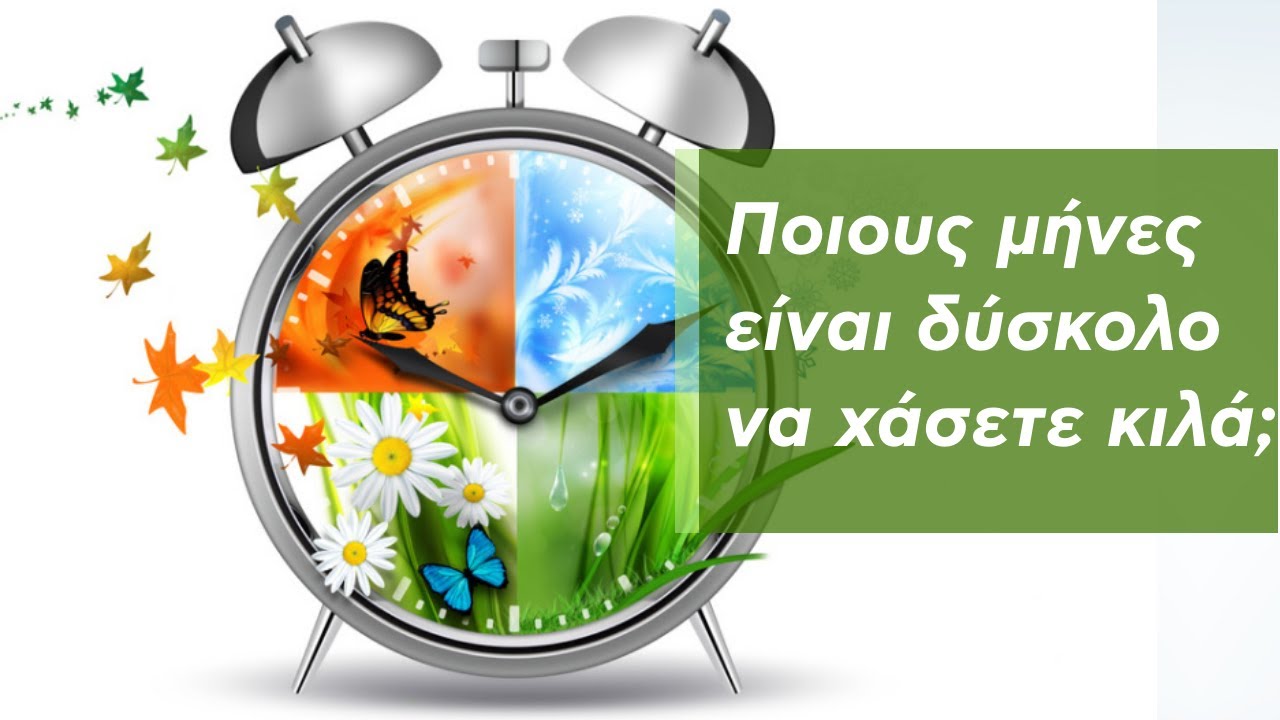
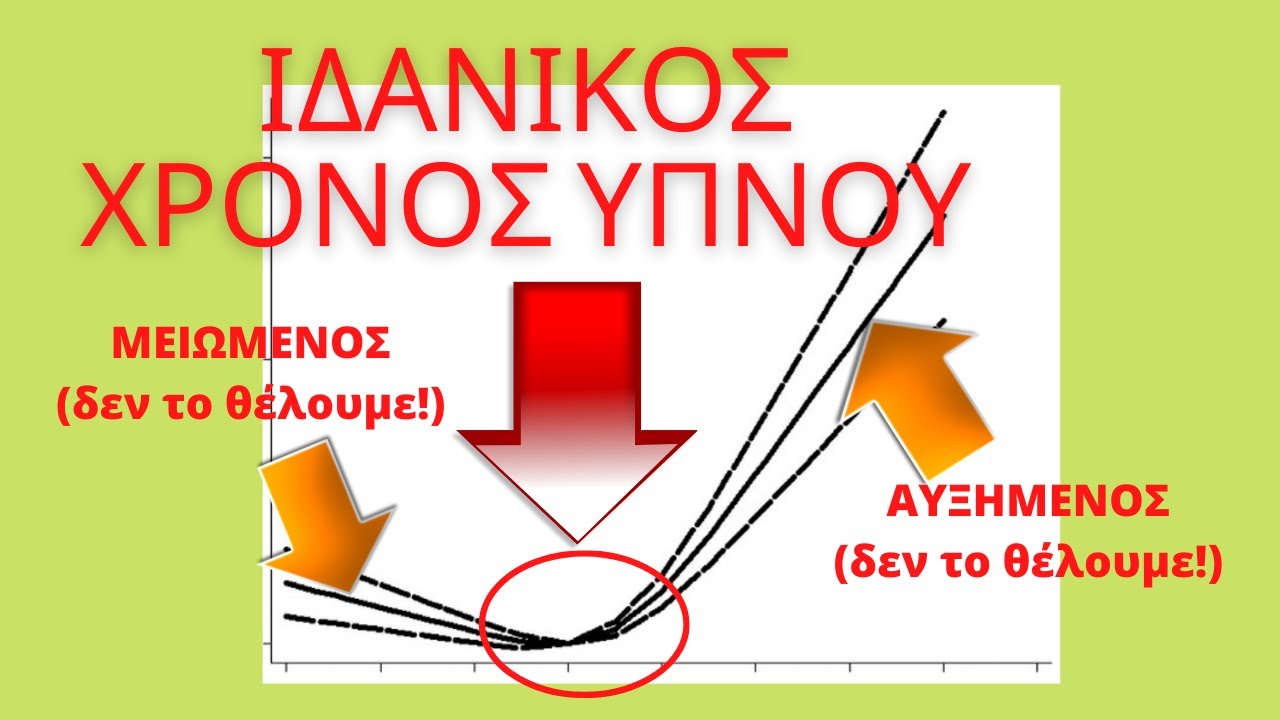

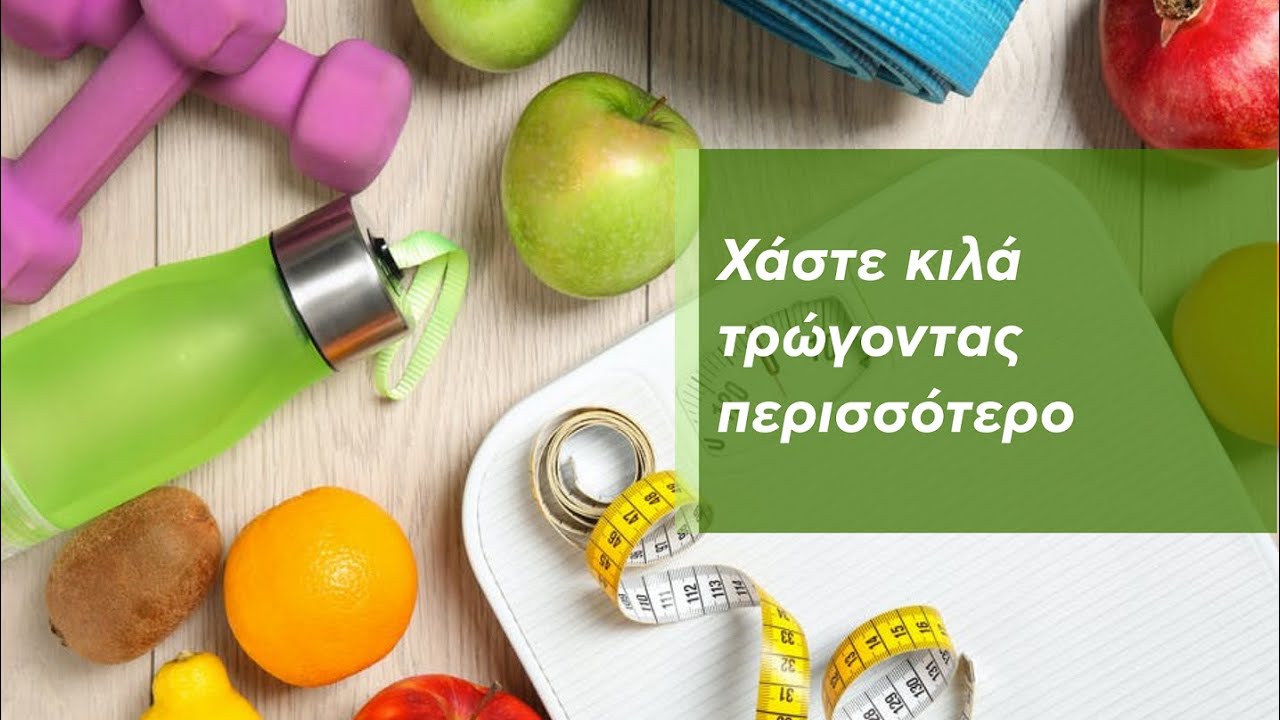

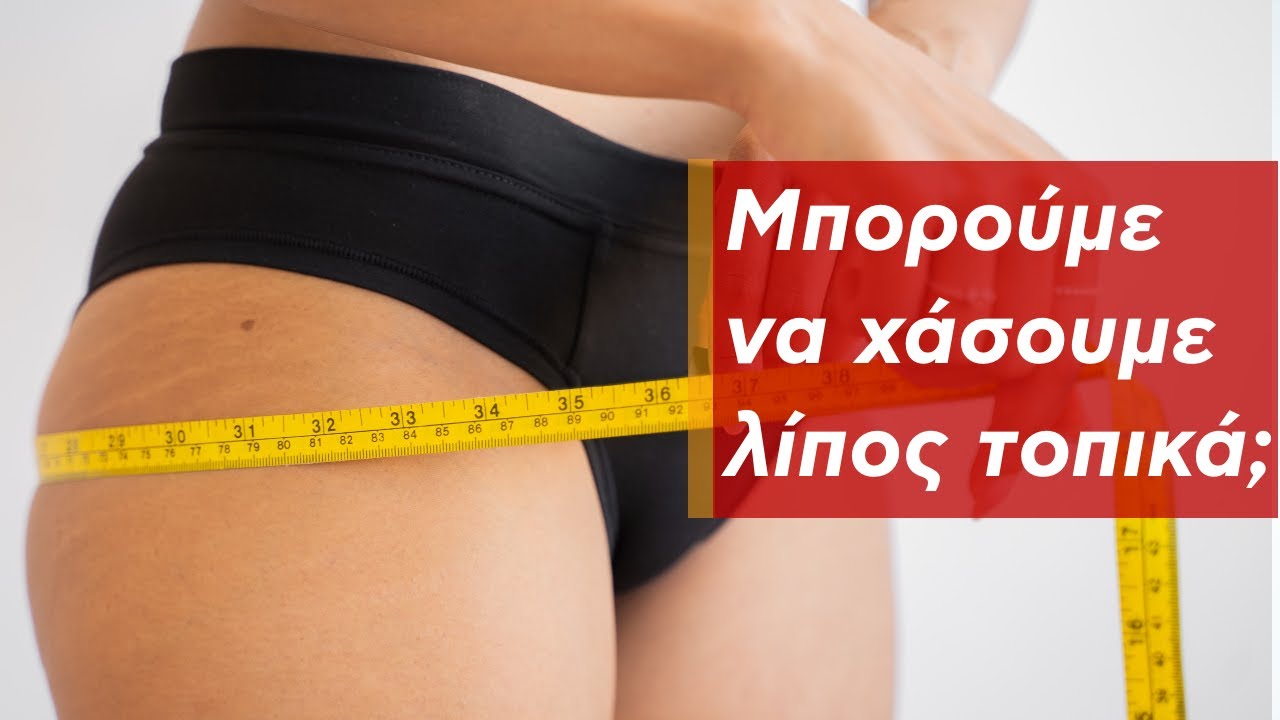
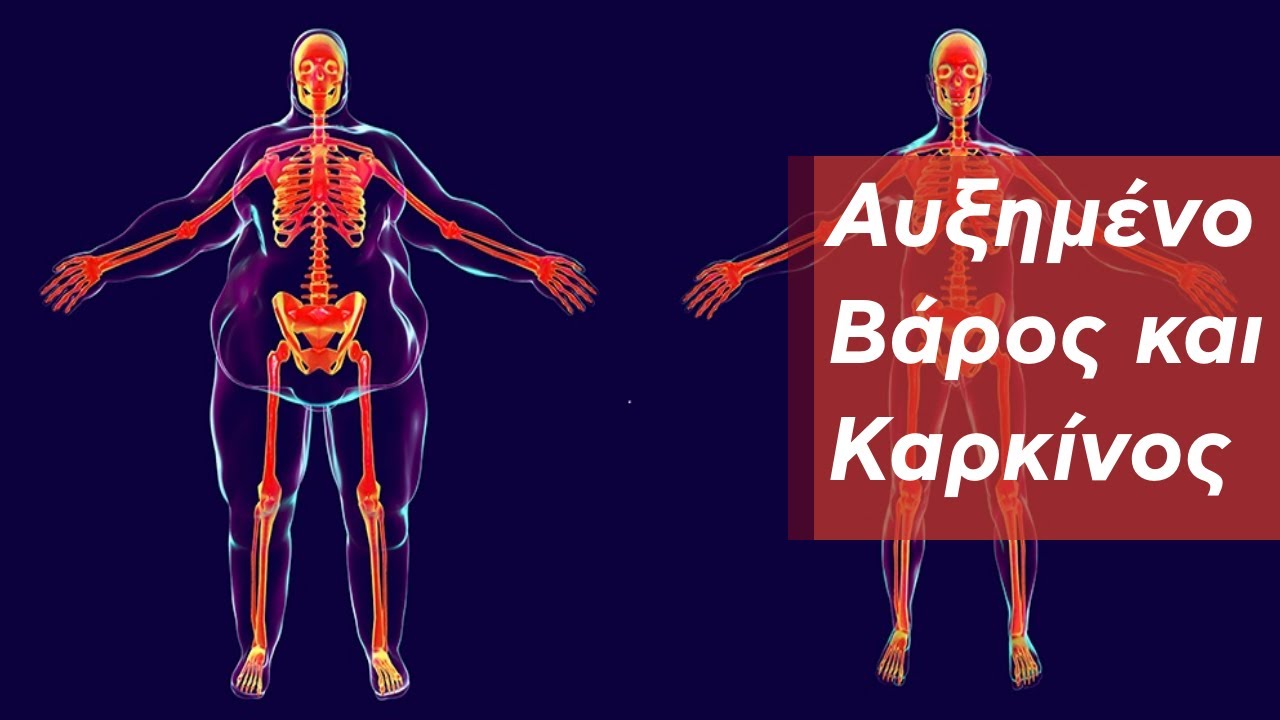
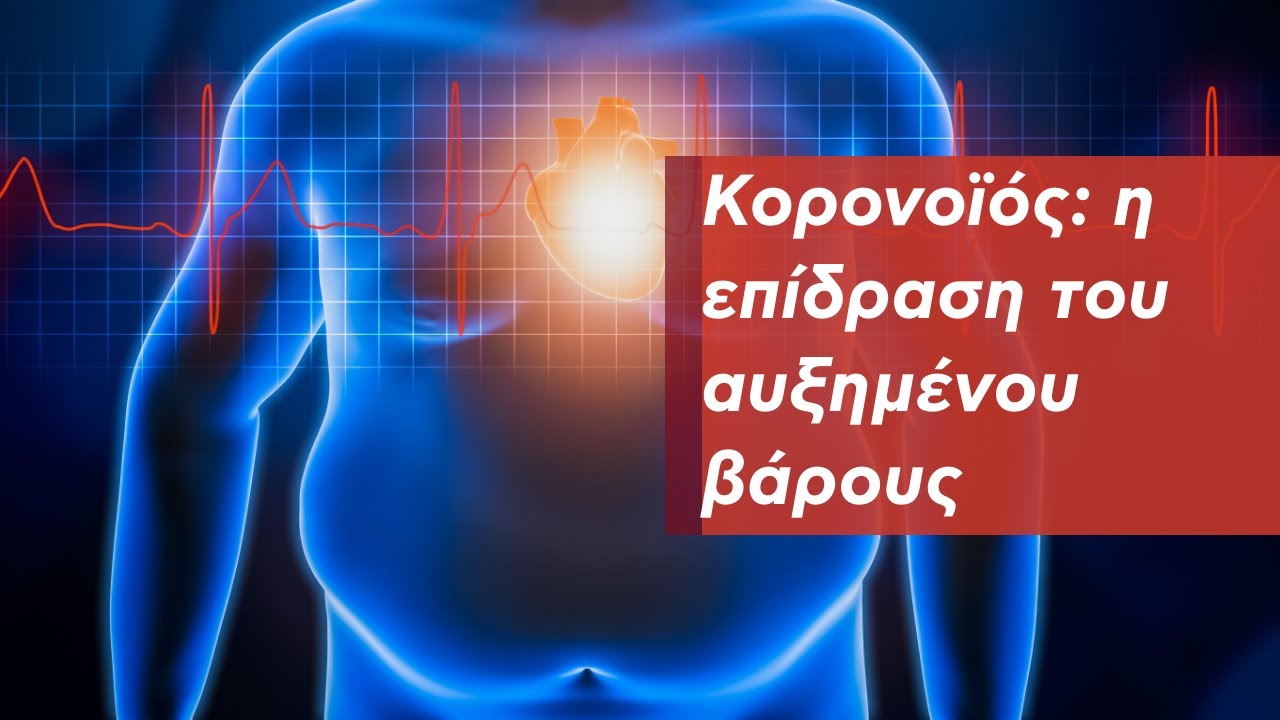
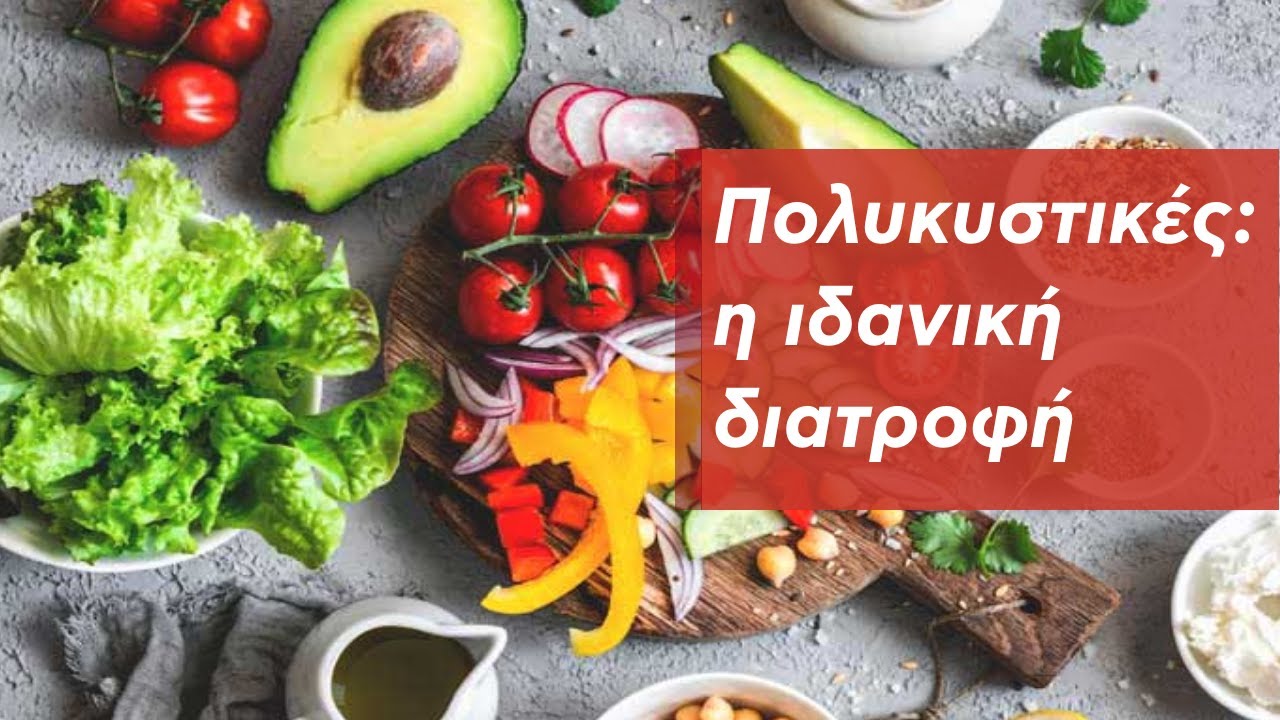
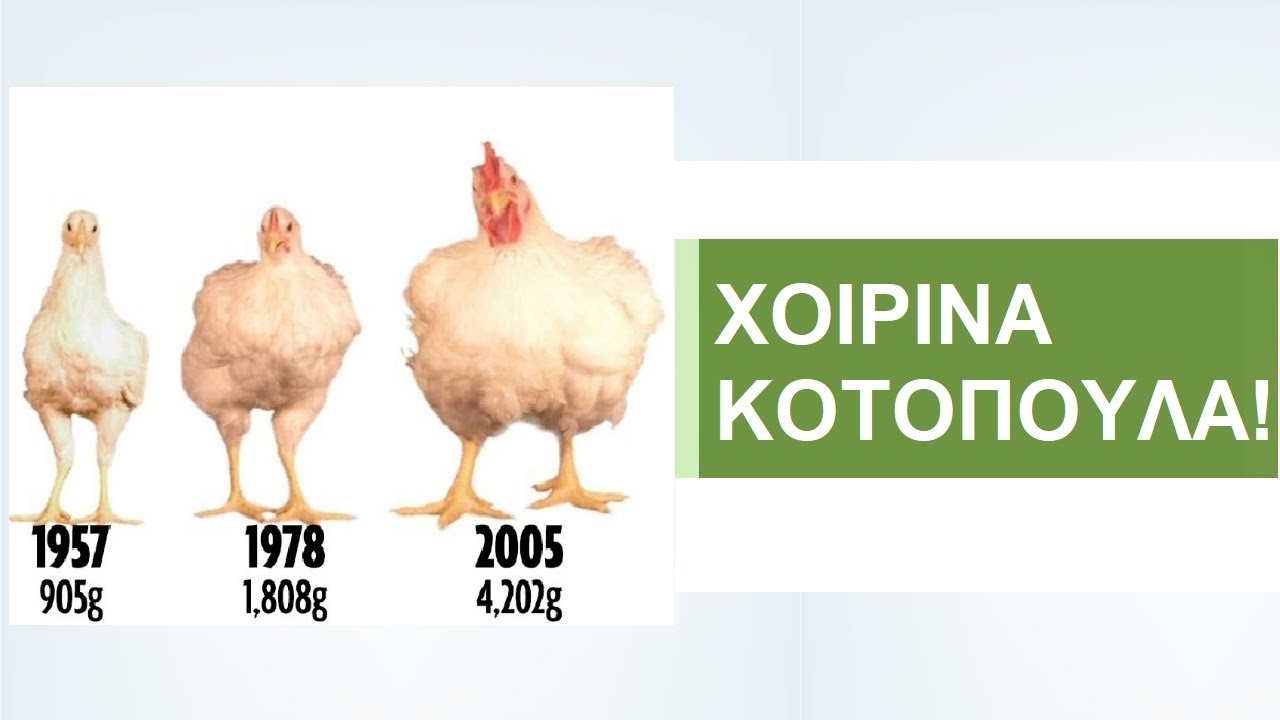
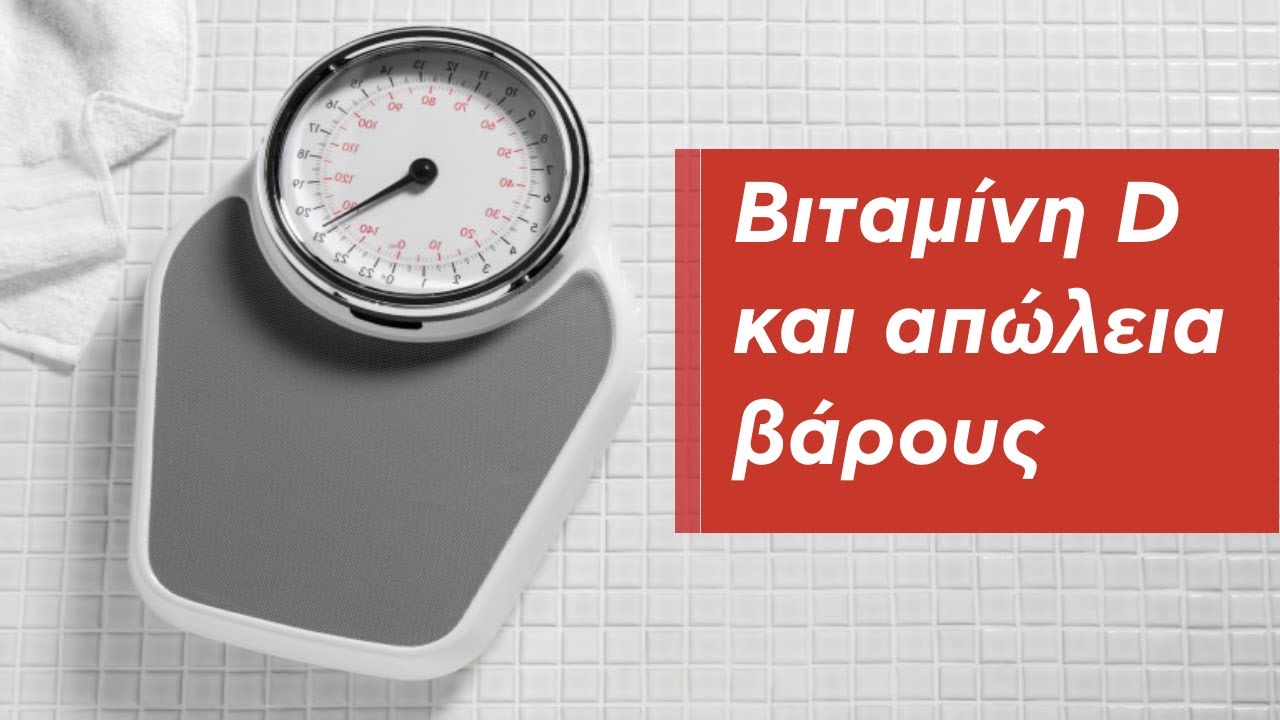
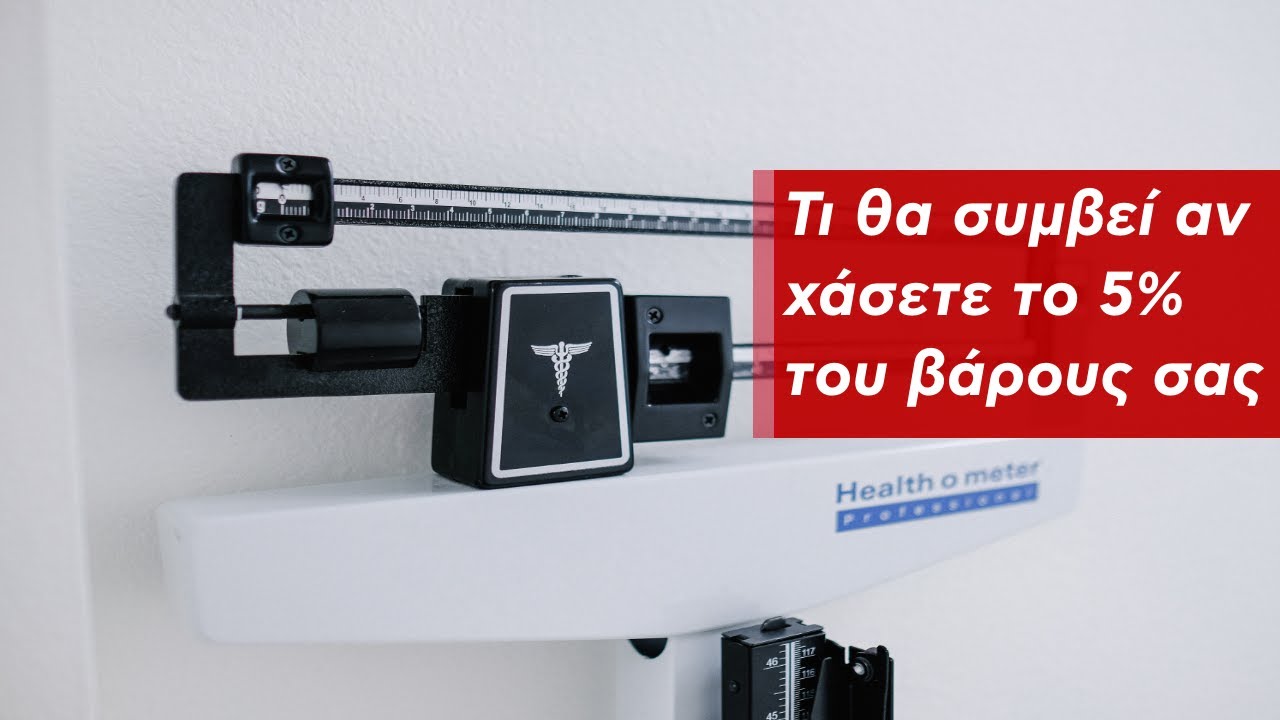
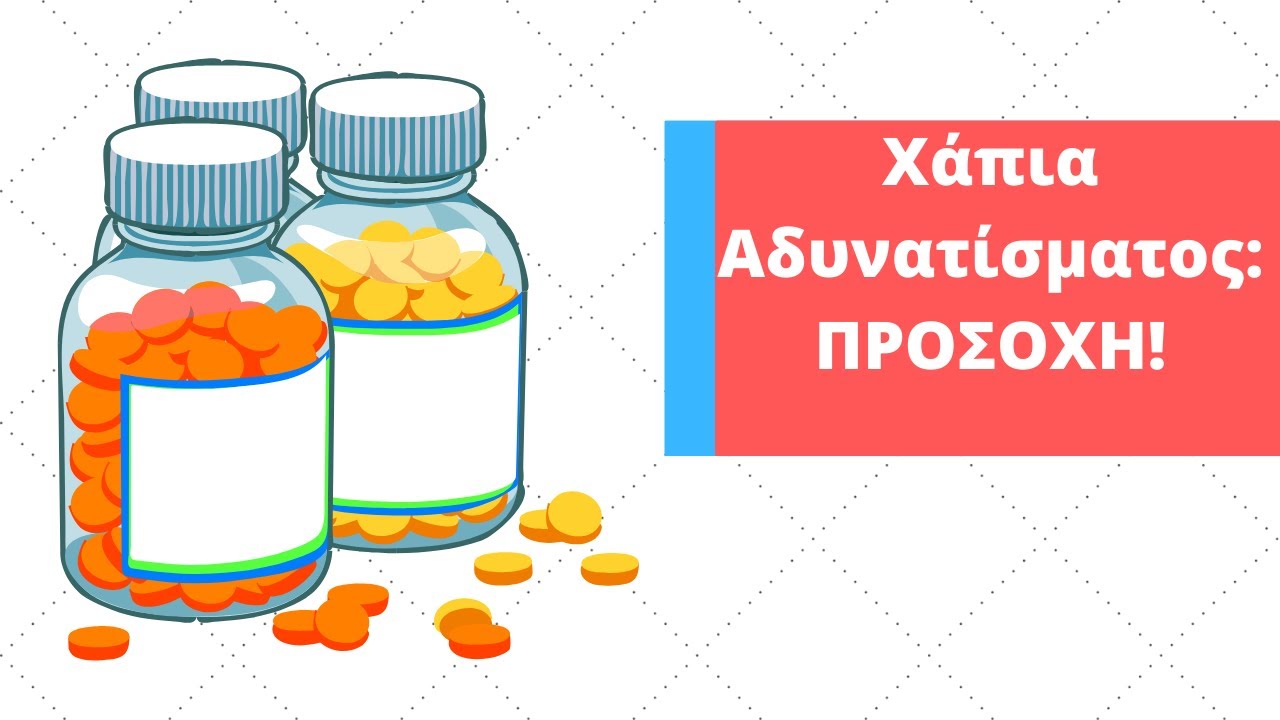




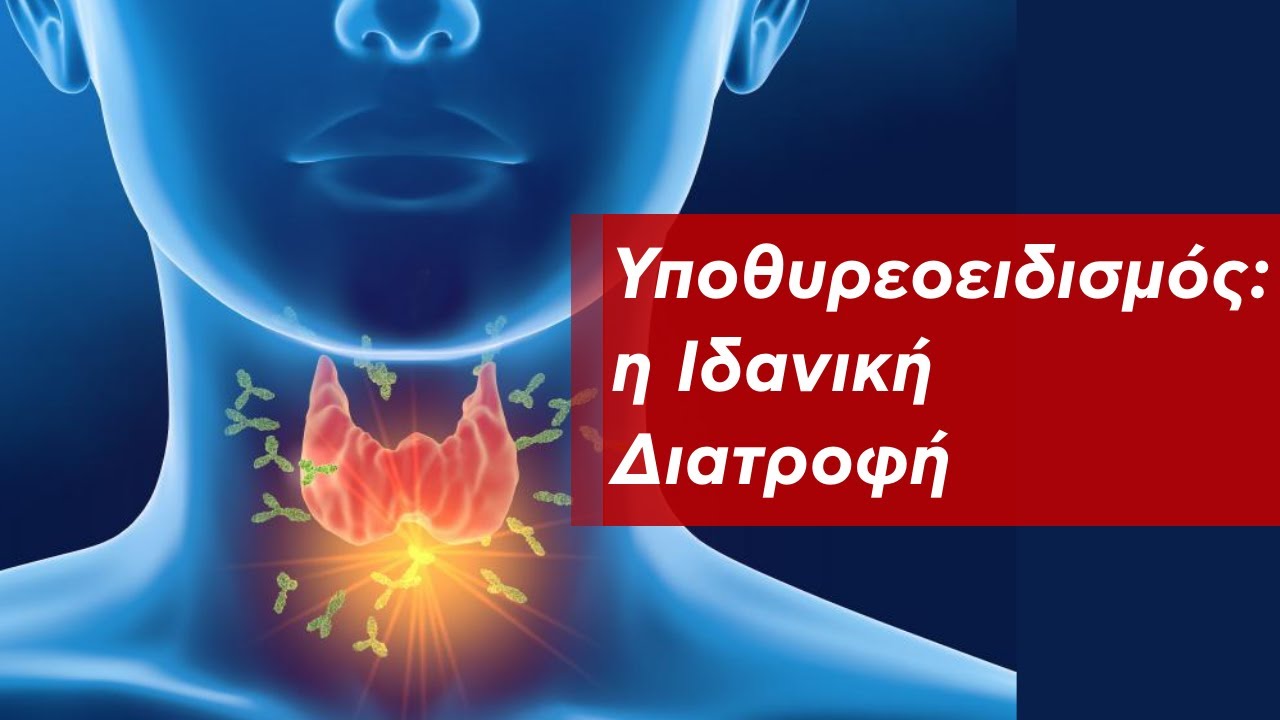

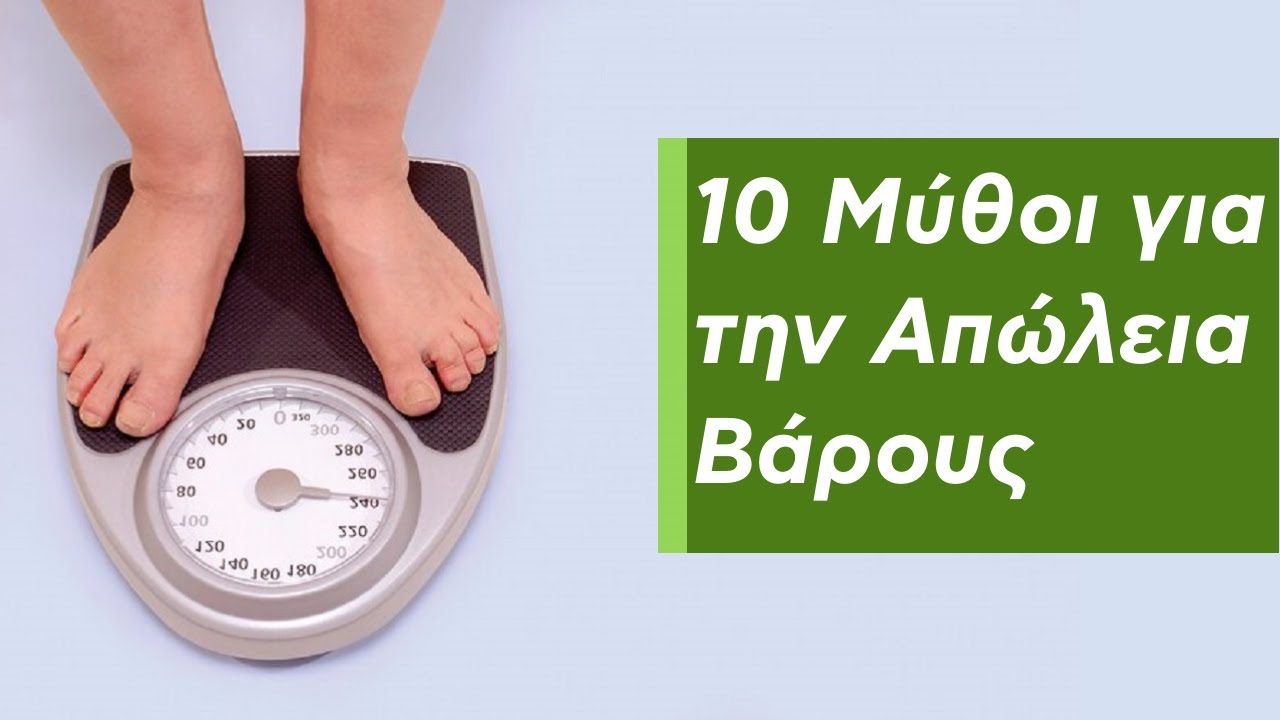
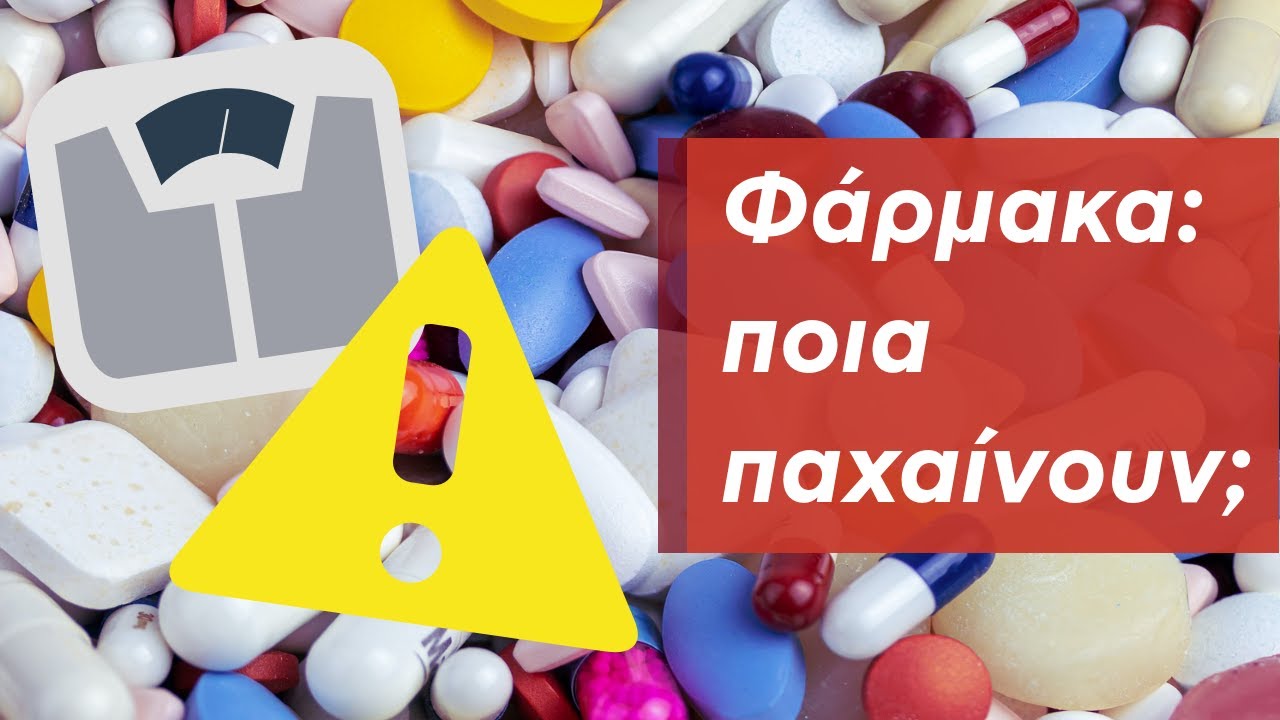


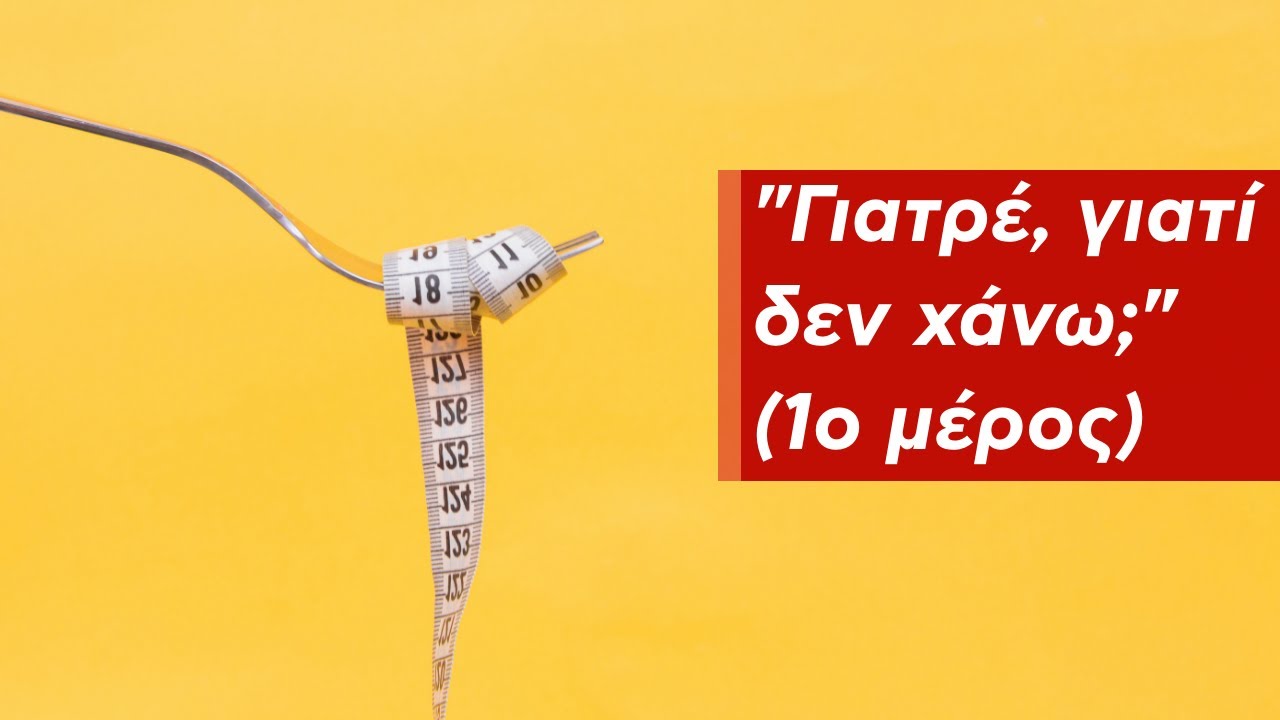
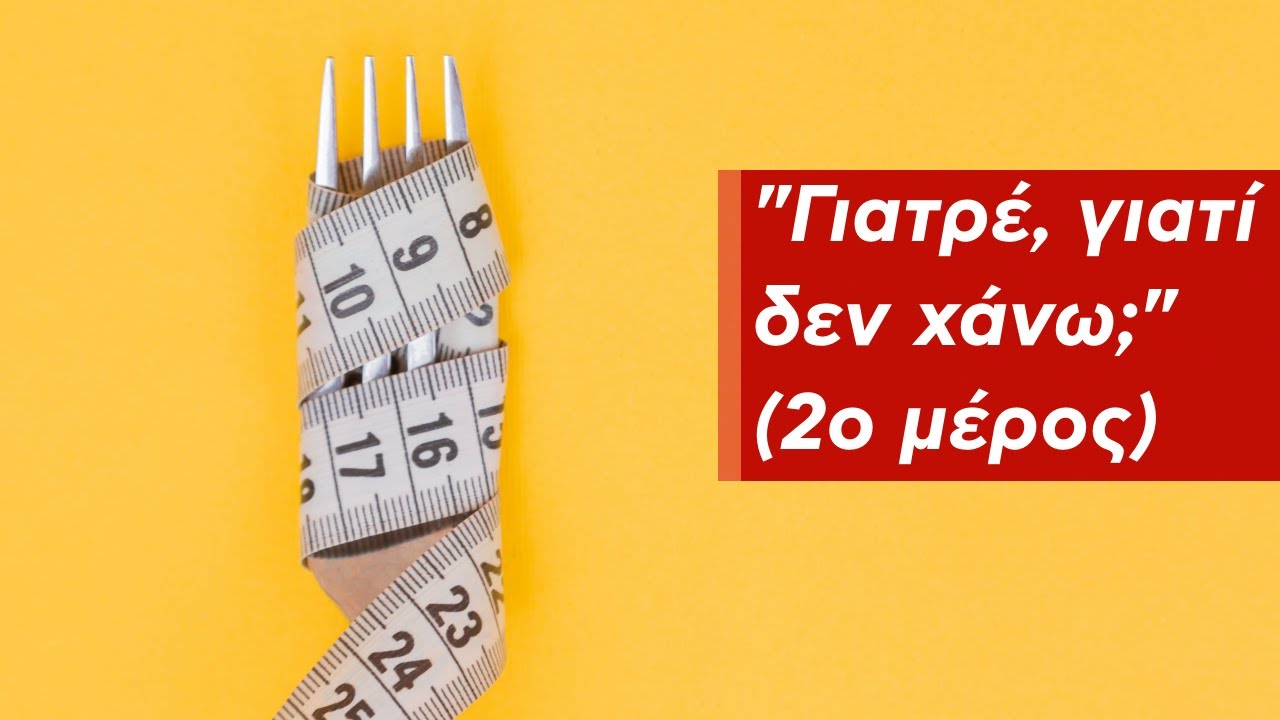
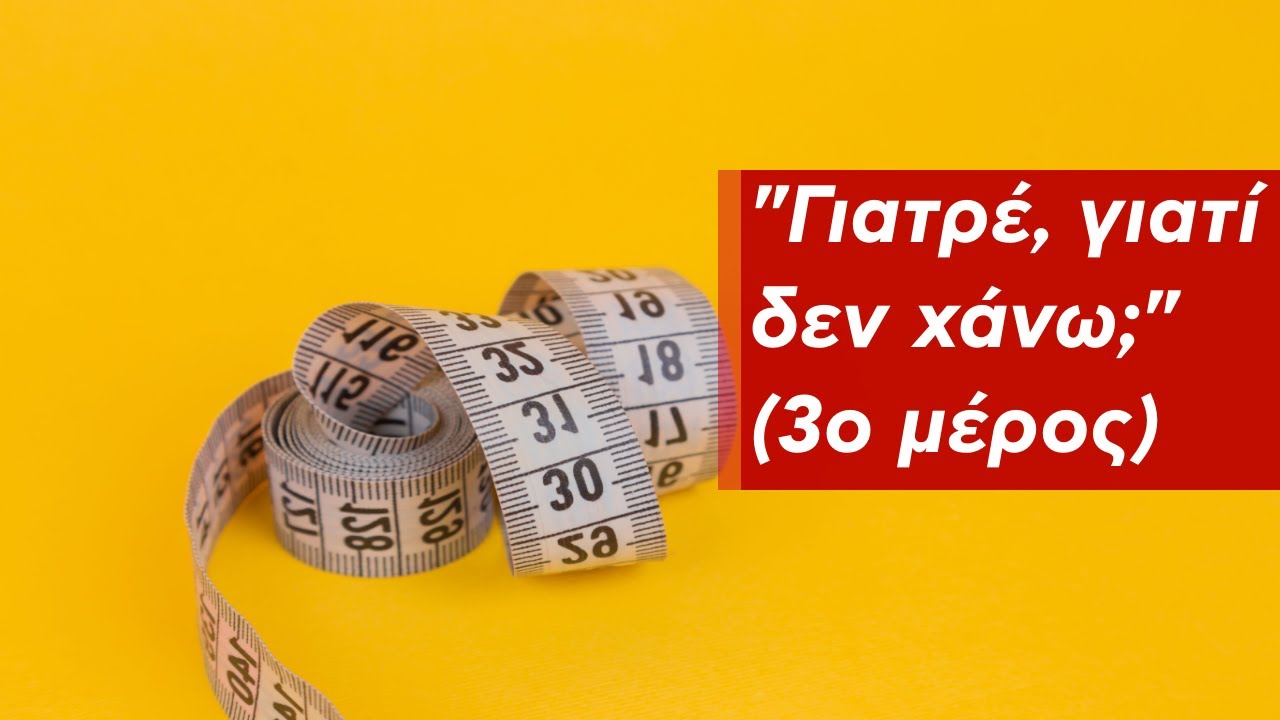
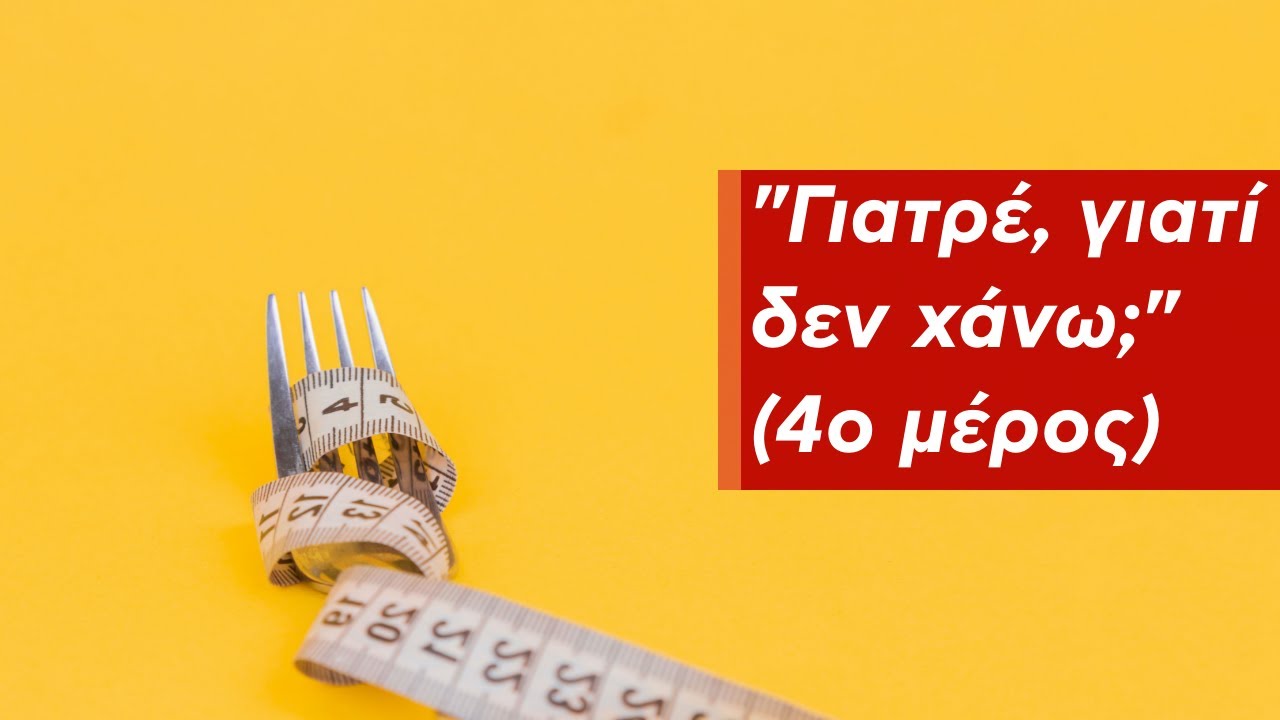
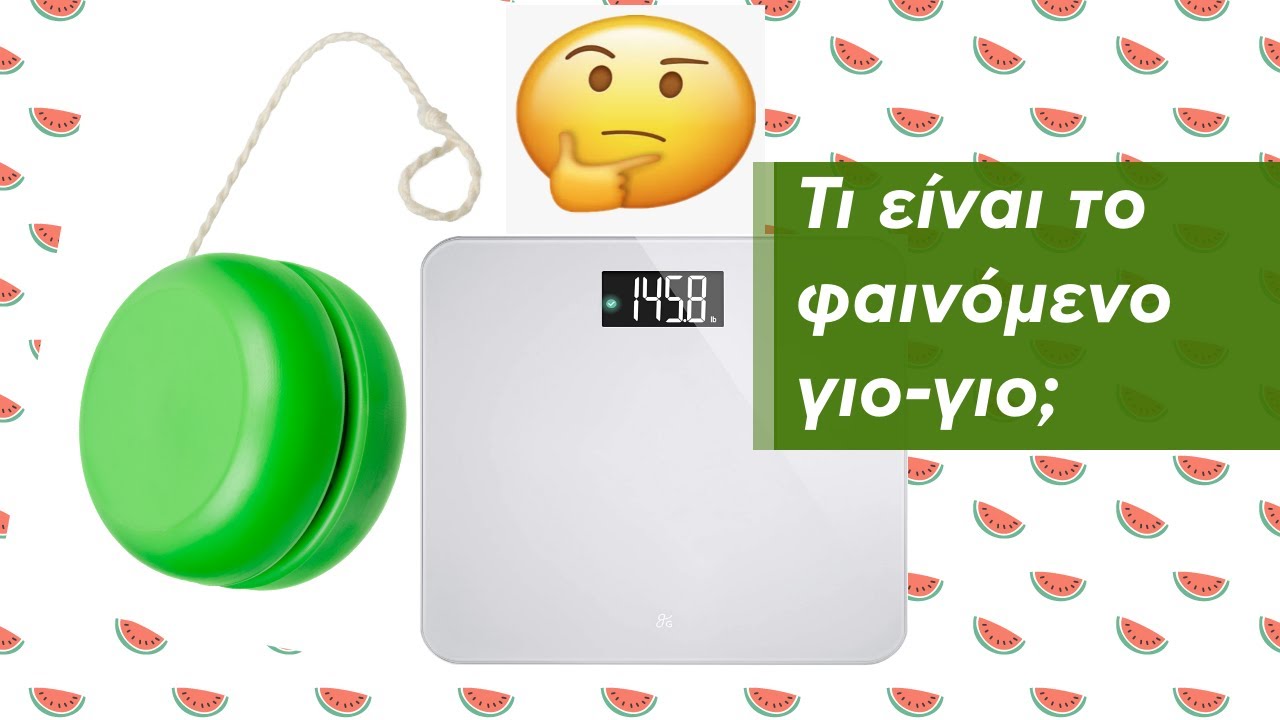
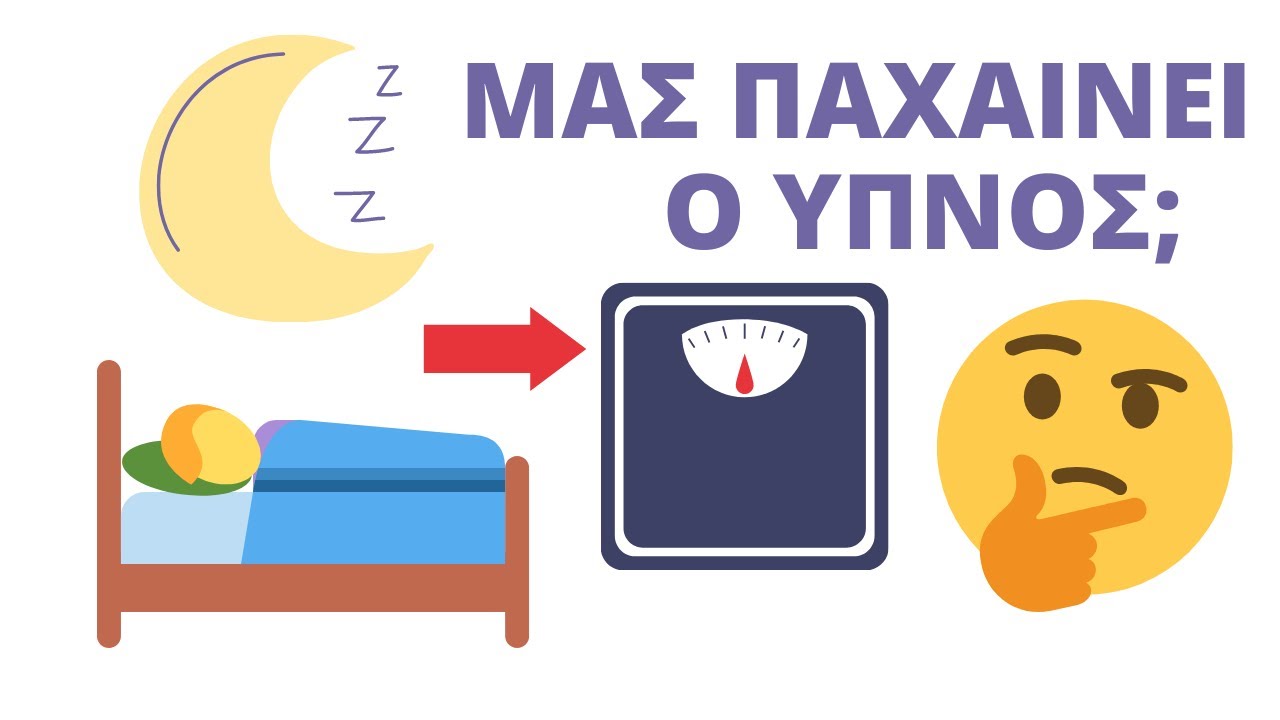



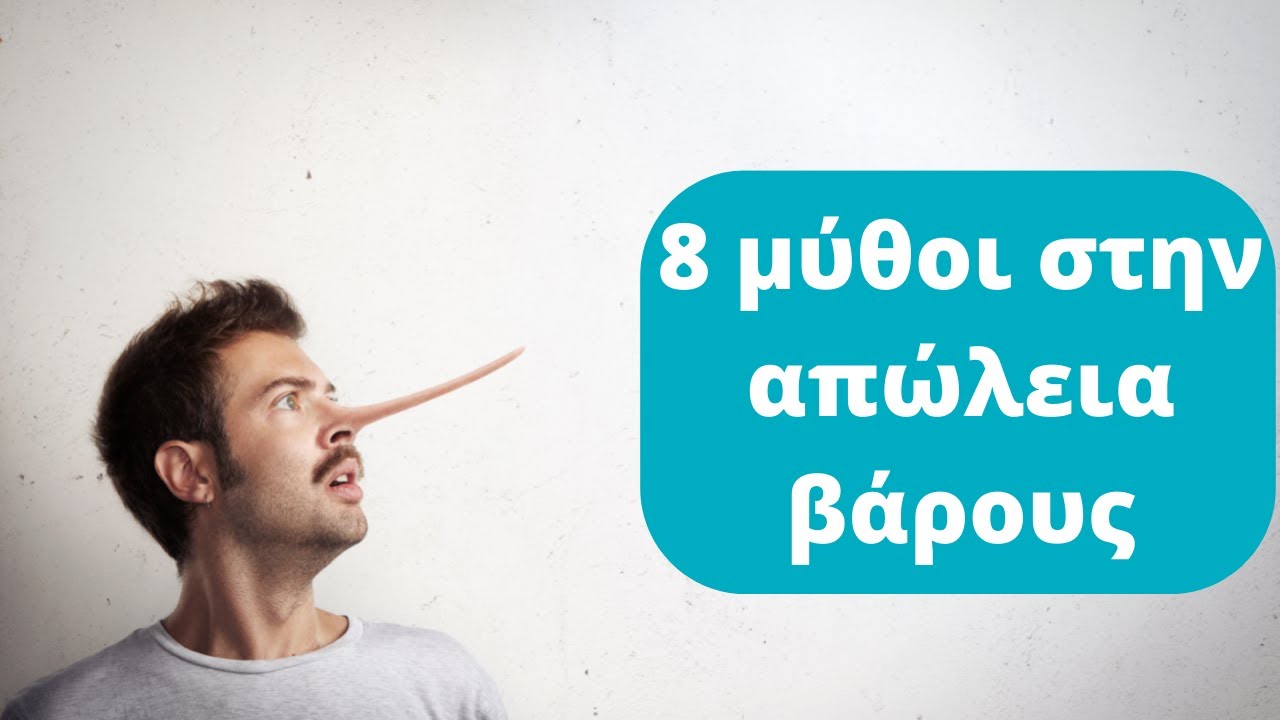

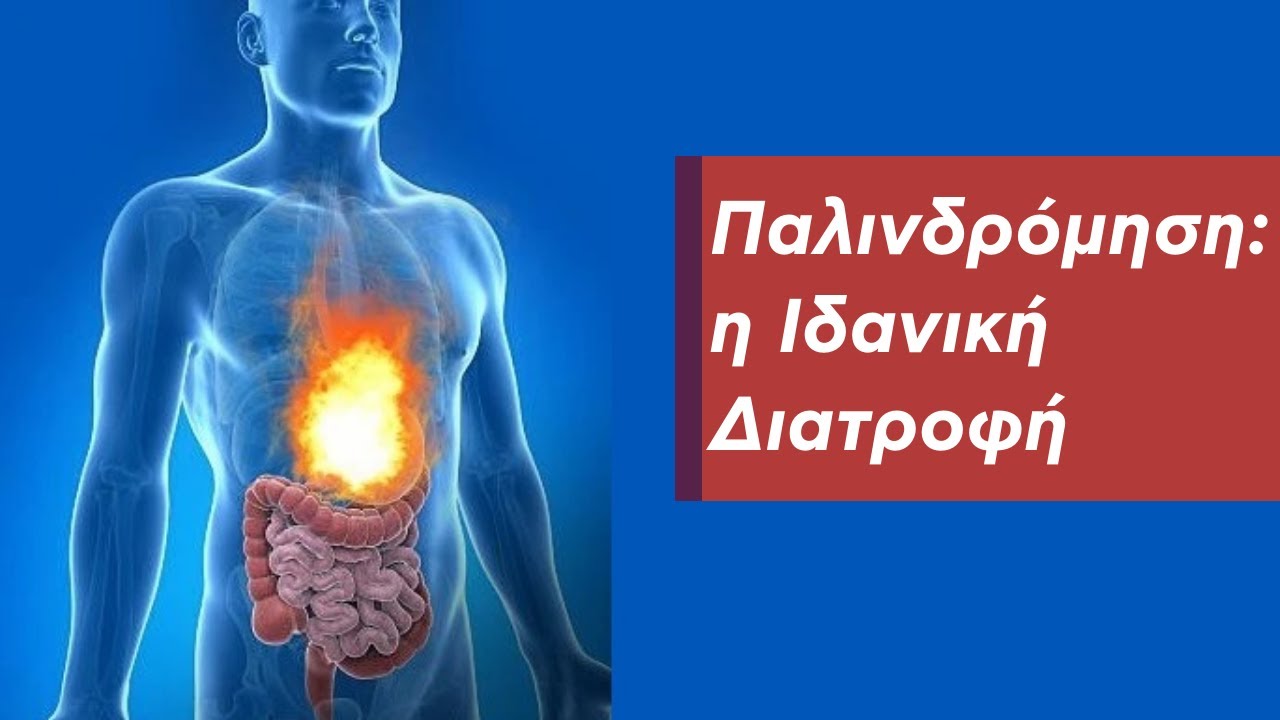
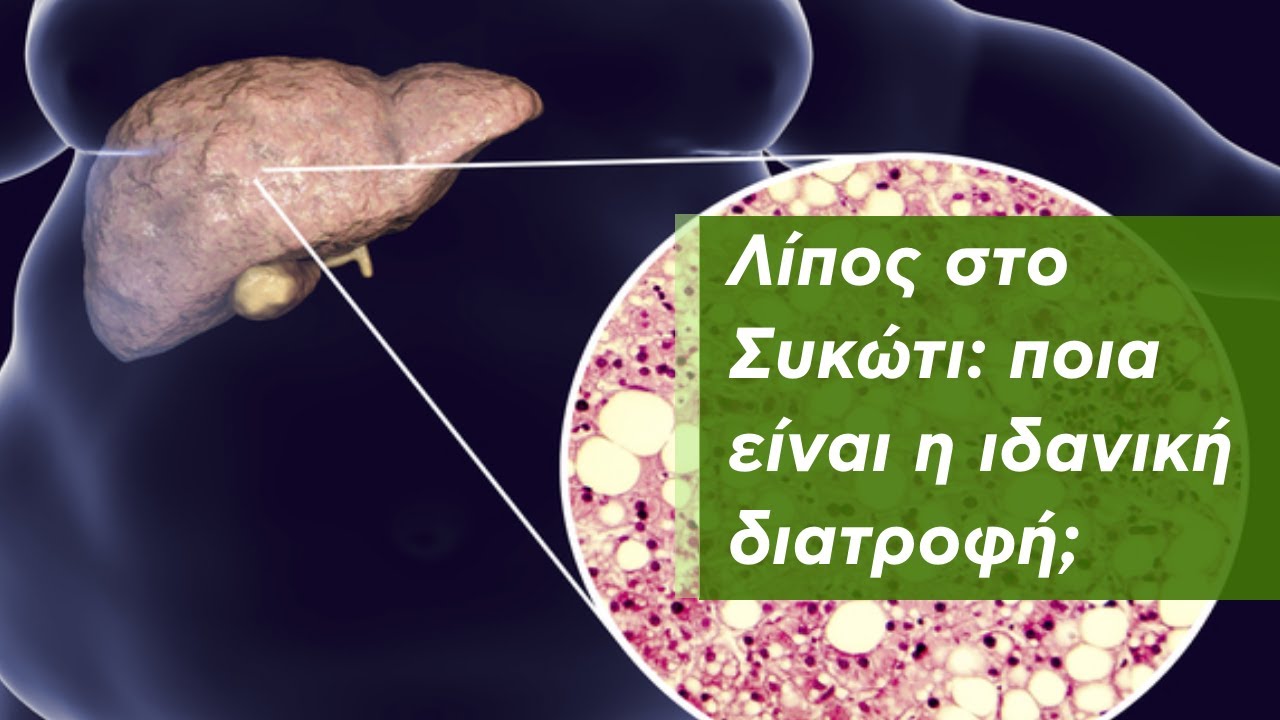
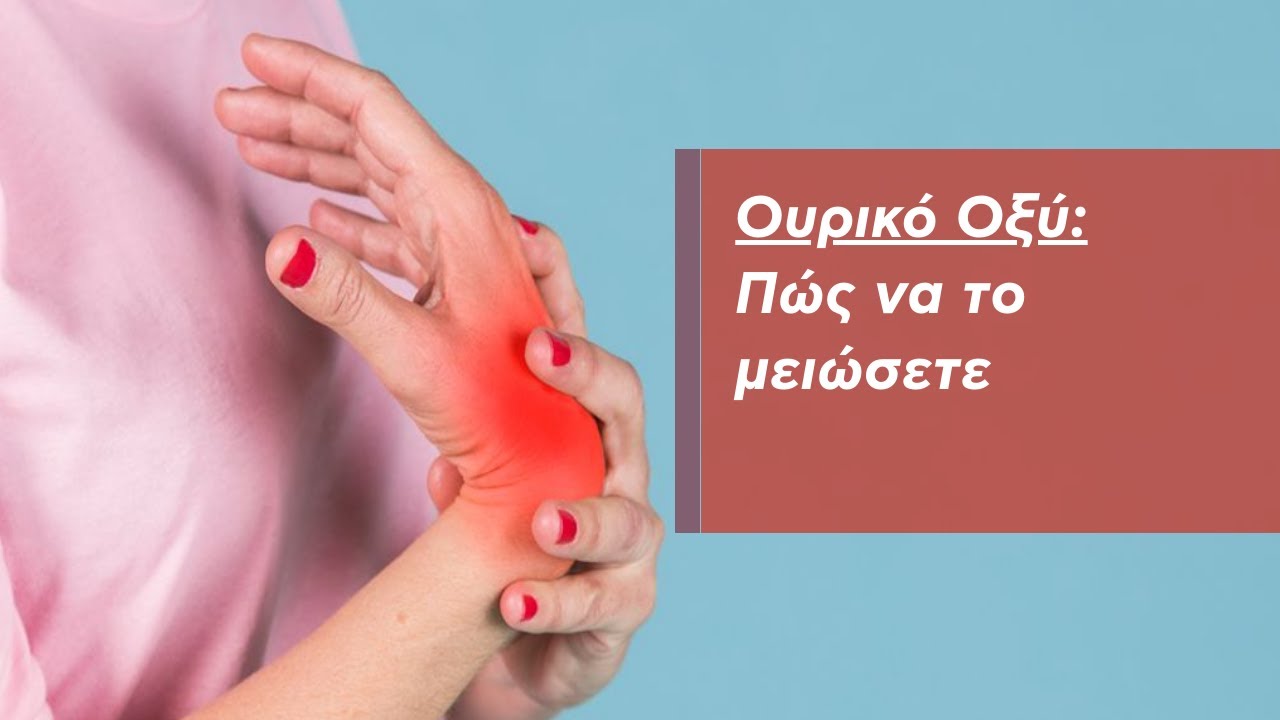
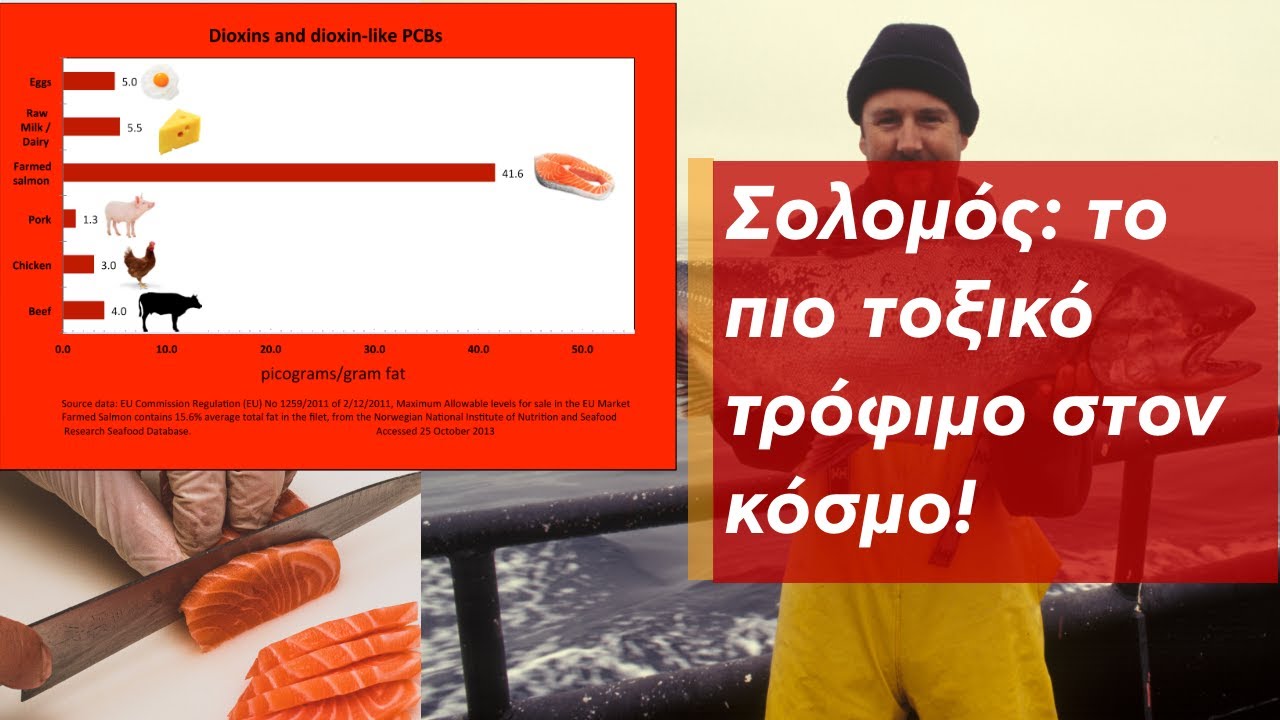

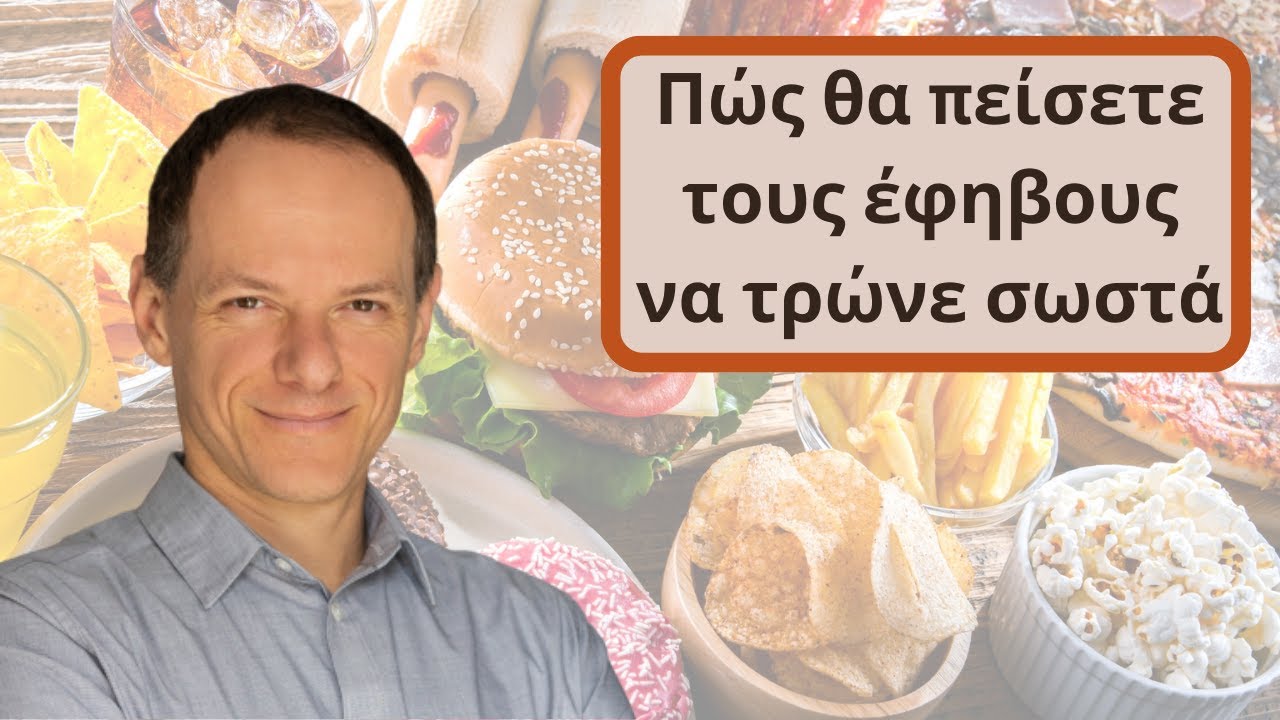


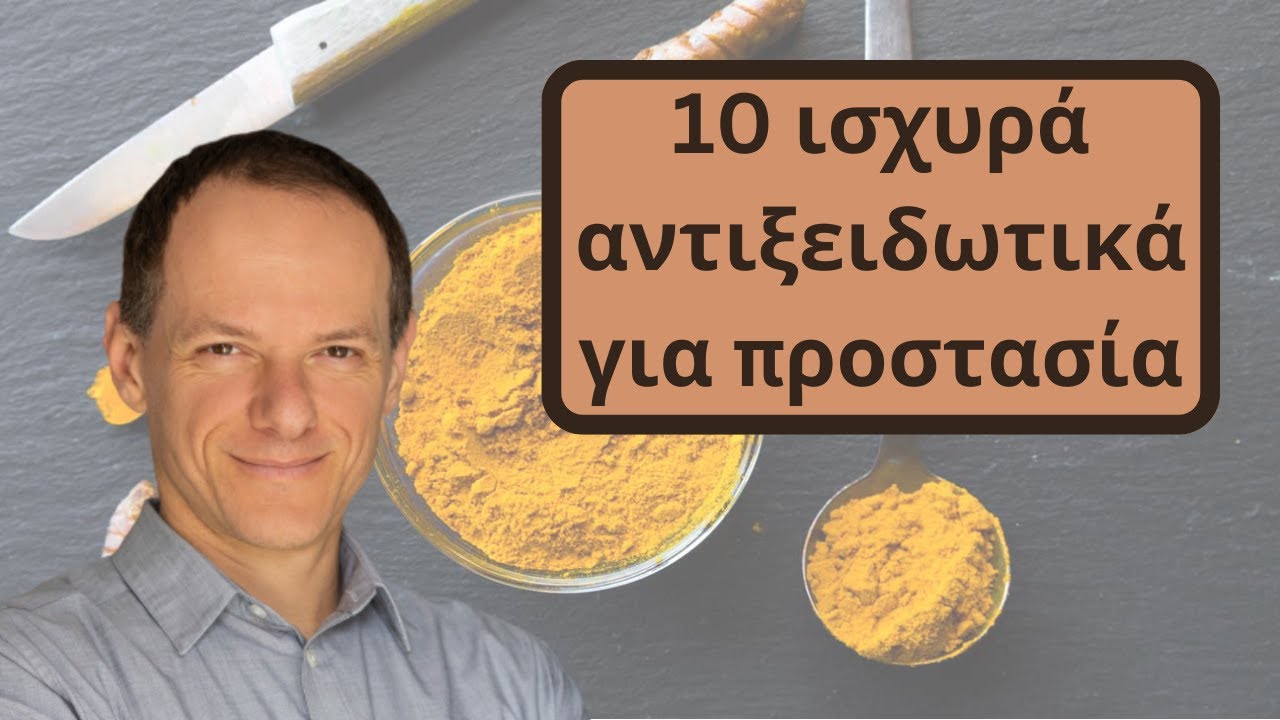
0 Σχόλια